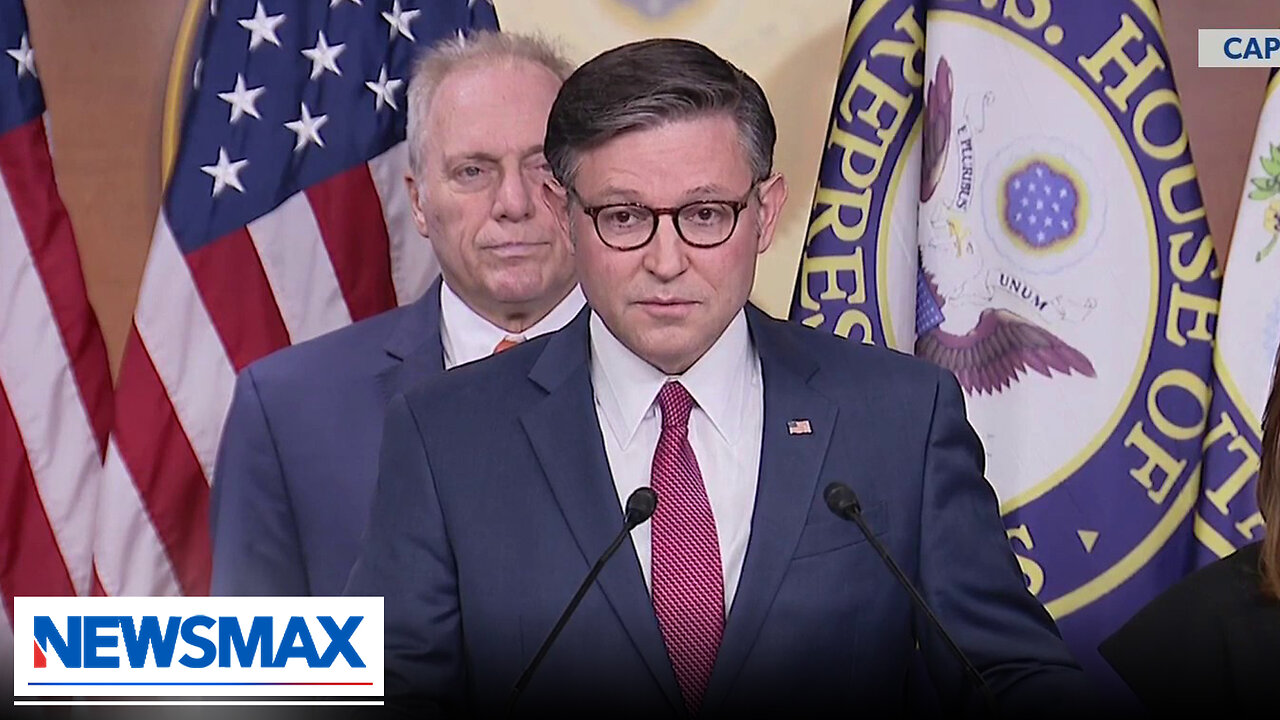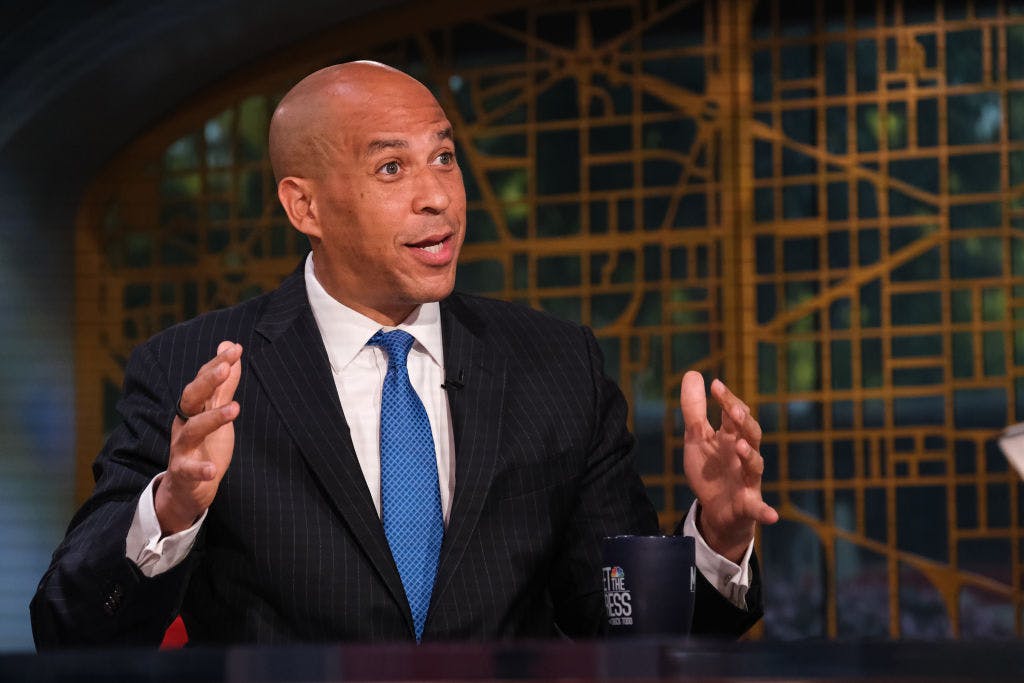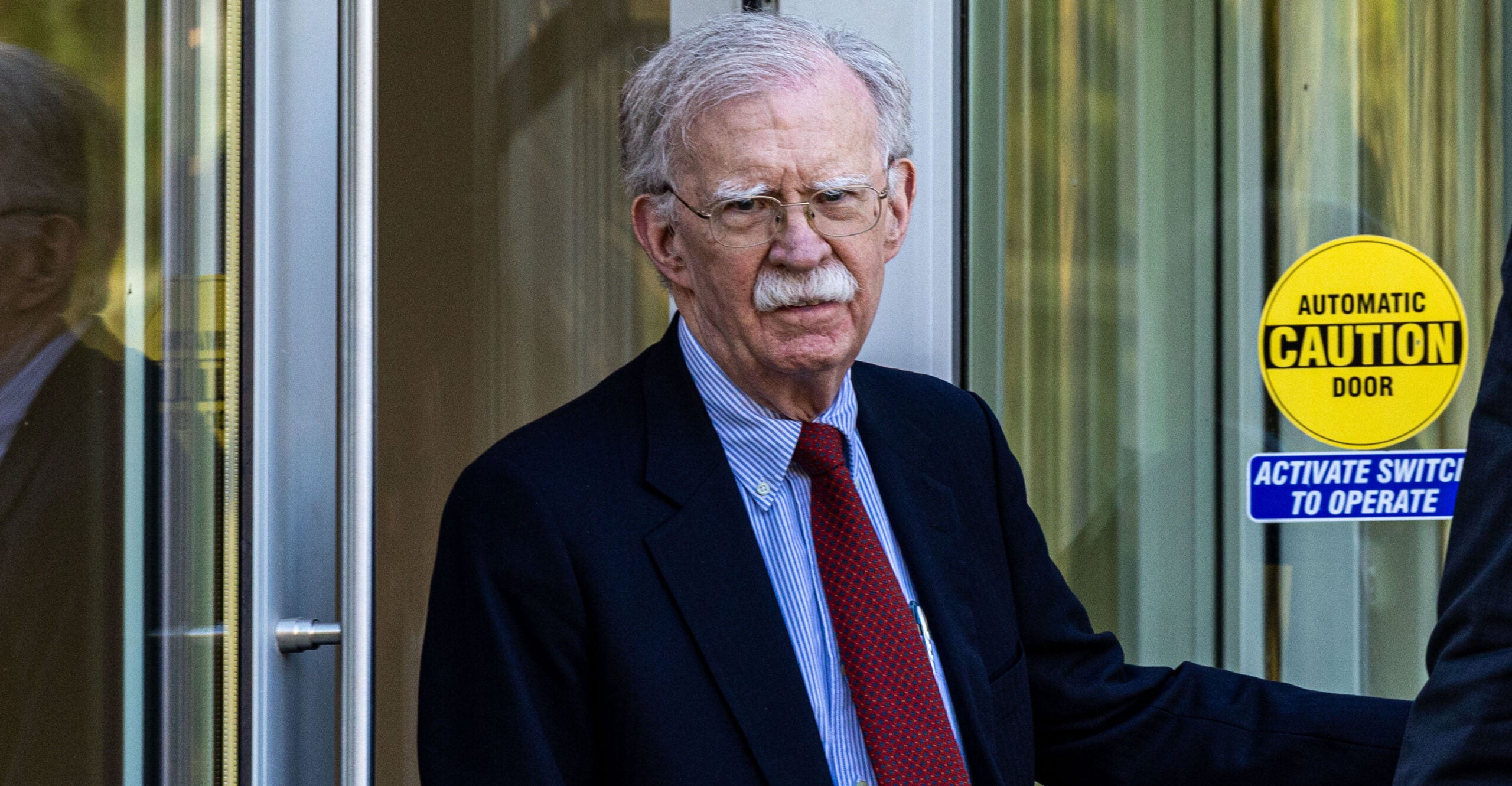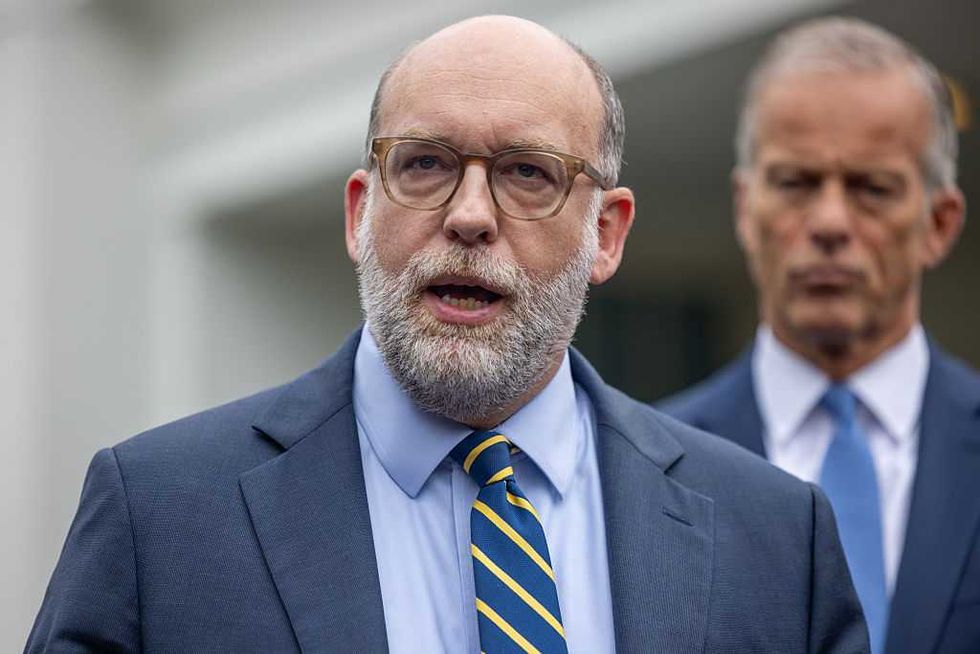Texas House Considering Changes in Law Protecting Free Speech

Texas lawmakers are considering a bill that critics say would threaten freedom of speech with frivolous lawsuits, by altering the state’s so-called anti-SLAPP law.
The Texas House Judiciary and Civil Jurisprudence Committee heard testimony late Wednesday evening from numerous witnesses on House Bill 2988 that would make changes to the state’s anti-SLAPP law, by allowing the plaintiff to collect attorney fees from the defendant if a dismissal motion isn’t granted.
SLAPP is an acronym for “Strategic Lawsuit Against Public Participation.” It’s defined as litigation brought by individuals and entities to dissuade critics from producing negative publicity against them. Such lawsuits often lack legal merits and are considered an intimidation tactic.
The existing Texas Citizens Participation Act, enacted in 2011, the anti-SLAPP law, was designed to protect Texans from being silenced for exercising their First Amendment rights. The current law says if a court dismisses a SLAPP suit, the plaintiff must pay attorney’s fees and costs. The existing law also allows the court to award sanctions against the plaintiff who brought the lawsuit considering SLAPP litigation.
Rep. Mano DeAyala, a Republican, is the sponsor of the HB 2988. He said he supports the TCPA but said anti-SLAPP motions are abused and frequently are filed in cases having nothing to do with free speech to delay legitimate lawsuits.
“It’s now become instead of this shield, it’s become this unwieldy sword,” DeAyala said. He added, “You think about these cases in the context of defamation lawsuits libel and slander, but where we see the TCPA motions coming up is in construction cases, oil and gas cases, commercial cases, malpractice cases, all sorts of cases that really have little to do with free speech.”
He said he met with stakeholders and would be making changes to the language to the bill to focus on mandating fees when an anti-SLAPP motion is brought for an improper purpose, to harass, or solely to cause delay.
“The party filing the motion automatically recovers attorney’s fees if successful and practically has no risk of paying fees if they lose, incentivizing parties to file meritless TCPA motions as a litigation tactic and creating a substantial barrier to justice,” DeAyala added.
Critics of this proposal contend that the goal of SLAPP litigation is not to win but is often for a well-resourced individual or entity to force a journalist or activist to run up legal expenses.
“This would have the effect of gutting the entire statute,” Stacy Allen, a lawyer representing the Texas Association of Broadcasters told the House committee. “Because the defendants in these cases typically are either individuals with little means or press organizations with strap budgets, and they are not going to risk filing in any anti-SLAPP motion where they may get stuck with not only having to pay their own fees in connection with the motion, but having to pay the plaintiff’s fees on top of that.”
“There are 36 states that have anti-SLAPP laws in this country, Texas included among them,” Allen continued. “Only one of those states allows a plaintiff to recover its fees if the defendant loses. What’s the result? In that state virtually no anti-SLAPP motions are filed because it’s considered to be too risky.”
A companion bill, Senate Bill 336, is sponsored by Texas state Sen. Bryan Hughes, a Republican, would allow SLAPP cases to move forward while the appeal is pending, which would mean potential expenses for the defendant.
Texas House Judiciary and Civil Jurisprudence Committee Chairman Jeff Leach, a Republican, noted during the hearing that he was sued for a post on X by someone with a deep pocketed third-party funding. He used the anti-SLAPP law but still had to pay $300,000 in legal fees.
“Is the TCPA working as intended? I don’t think it’s strong enough. I think it could be stronger,” Leach said.
Although both bills are backed by Republicans, support and opposition doesn’t cut across party lines. Many conservative advocates oppose scaling back the anti-SLAPP law and are joined by newspapers and journalism organizations.
Mike Davis, founder of Article III Project, a conservative legal group, posted on X, “I’m a big advocate for tort reform, but TX House Bill 2988’s rollback of the state’s anti-SLAPP statute would turn Texas into a judicial hellhole and open up conservative and religious media to liberal lawfare.”
Also, the Reporters Committee for Freedom of the Press advocated for leaving the law in place, posting on X, “Far from being a tool of powerful out-of-state interests, [Texas’s anti-SLAPP law] directly promotes the free speech and free press rights of the Lone Star state’s residents.”
Meanwhile, Texans for Lawsuit Reform, a group that initially backed the 2011 law, is backing reforms to the law.
“The statute has two goals. One is to protect First Amendment rights, while at the same time protecting the ability of citizens to seek redress successfully in their courts. Only one of those rights is being honored today in the slap statute as it exists,” Lee Parsley, president of Texas for Lawsuit Reform, told the House committee. “If you’re going to create a right to sue, you ought to create a right for both parties, either party who wins the case to recover their attorney’s fees.”
But attorney Tony McDonald, who has handled several cases, said if the bill passes as is, it would be devastating to individuals or groups expressing their free speech rights.
“Right-to-life groups are about this stuff because they are getting sued, and no offense to the Democrats here, but the lawsuits are filed in Democrat courts with pro-choice judges and that’s a tough trial court to litigate in,” McDonald told the panel.
He called this legislation “the worst bill of the session,” and appreciated a willingness to listen by the bill’s sponsor.
“People call me all the time, afraid that they’re going to get sued for participating, and I’m able to tell these people, ‘If you get sued for that, I’ll have your back, call me, I’ll get you,’” McDonald said. “If this act passed the way it was, and even with some of the proposed reforms, I worry that I can’t do that. I can’t tell people, you can speak.”
The post Texas House Considering Changes in Law Protecting Free Speech appeared first on The Daily Signal.
Originally Published at Daily Wire, Daily Signal, or The Blaze
What's Your Reaction?
 Like
0
Like
0
 Dislike
0
Dislike
0
 Love
0
Love
0
 Funny
0
Funny
0
 Angry
0
Angry
0
 Sad
0
Sad
0
 Wow
0
Wow
0















































































